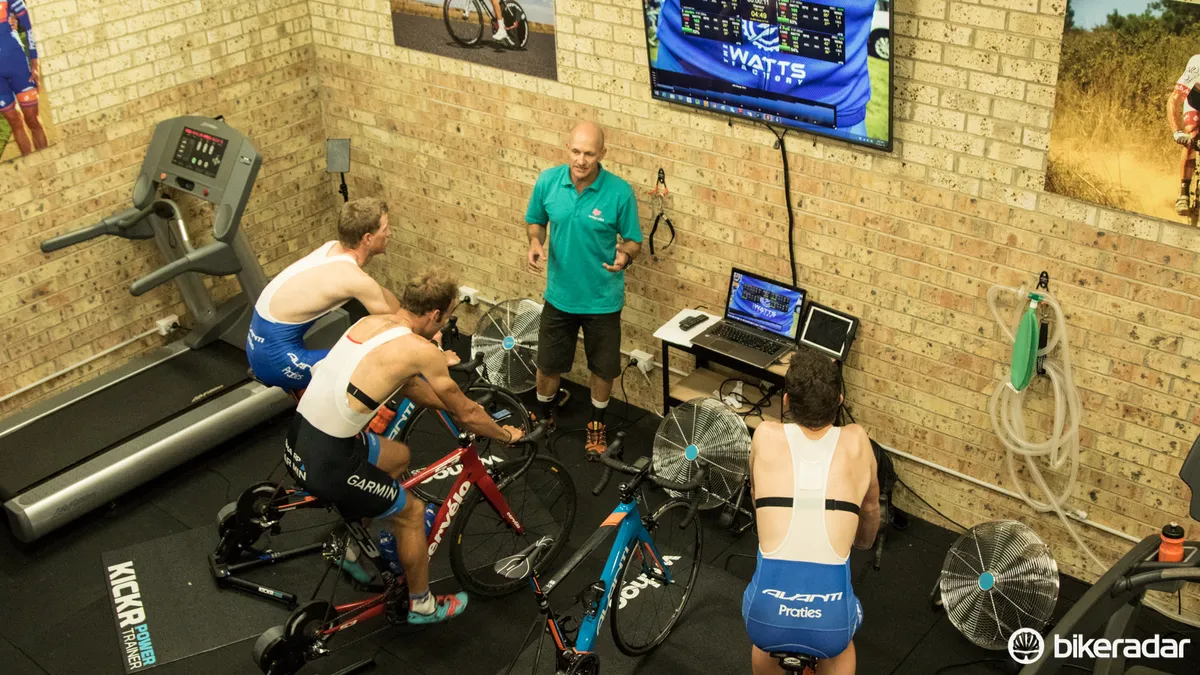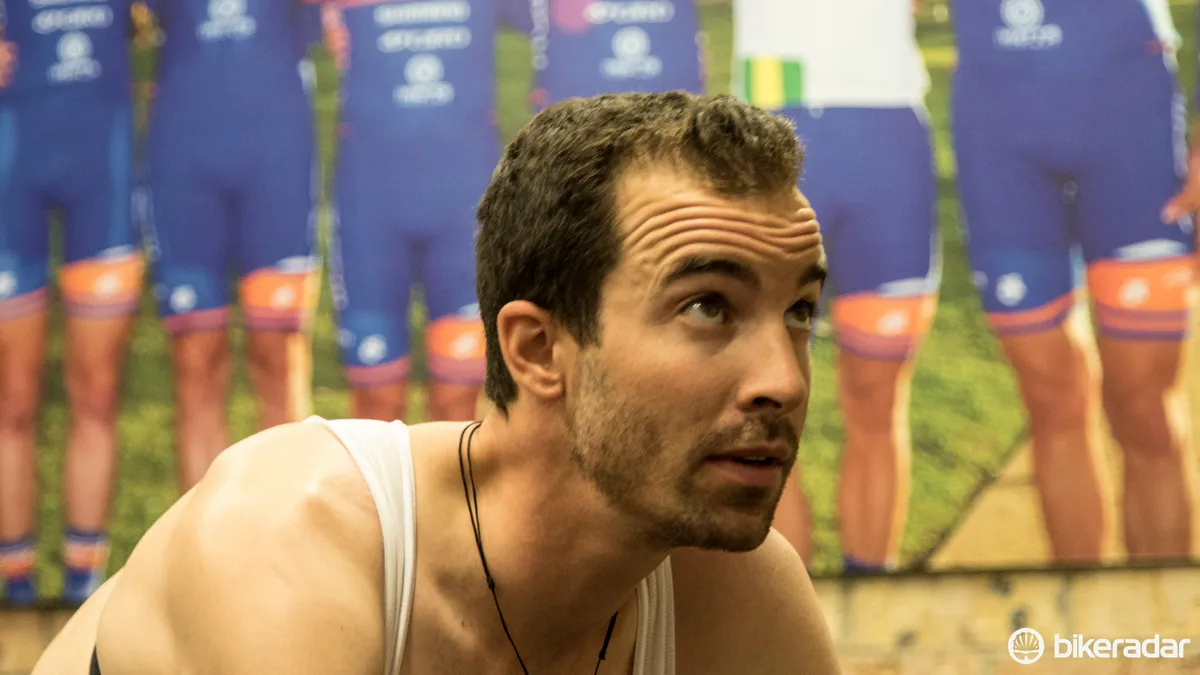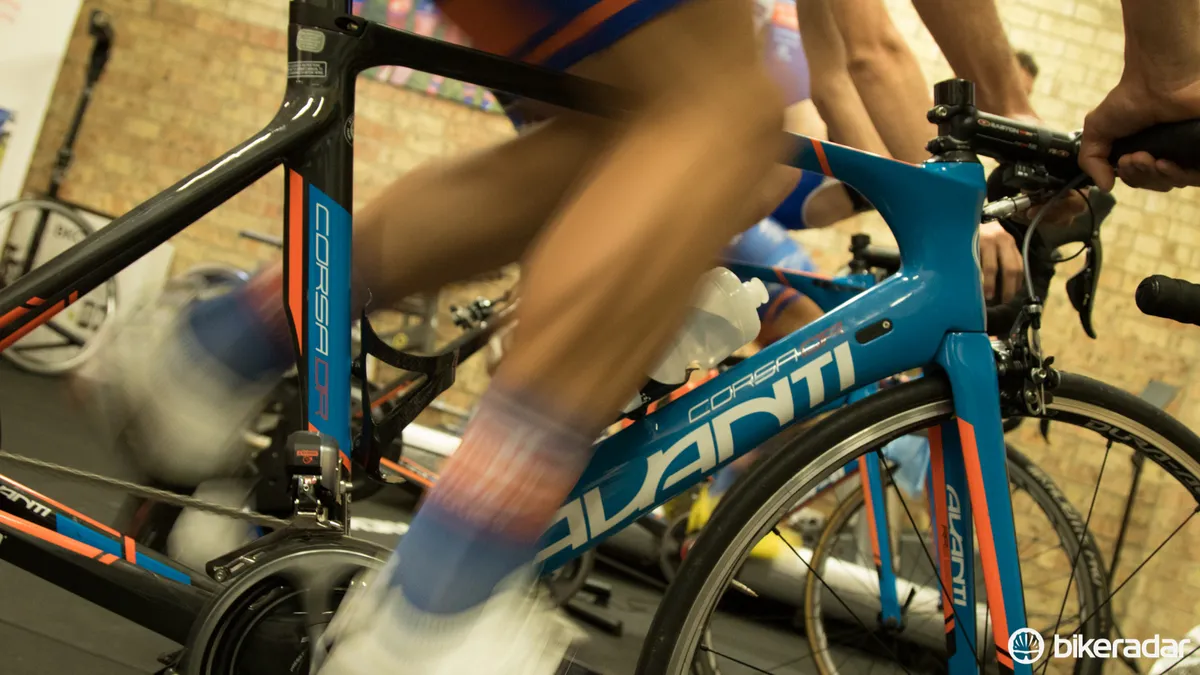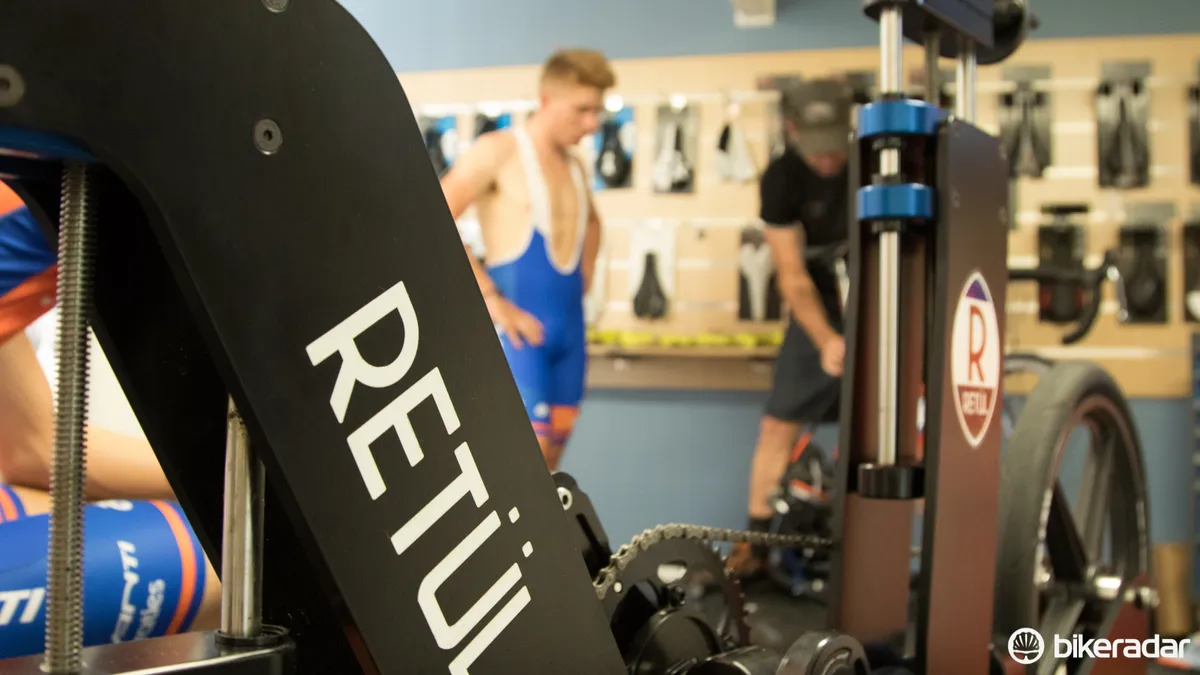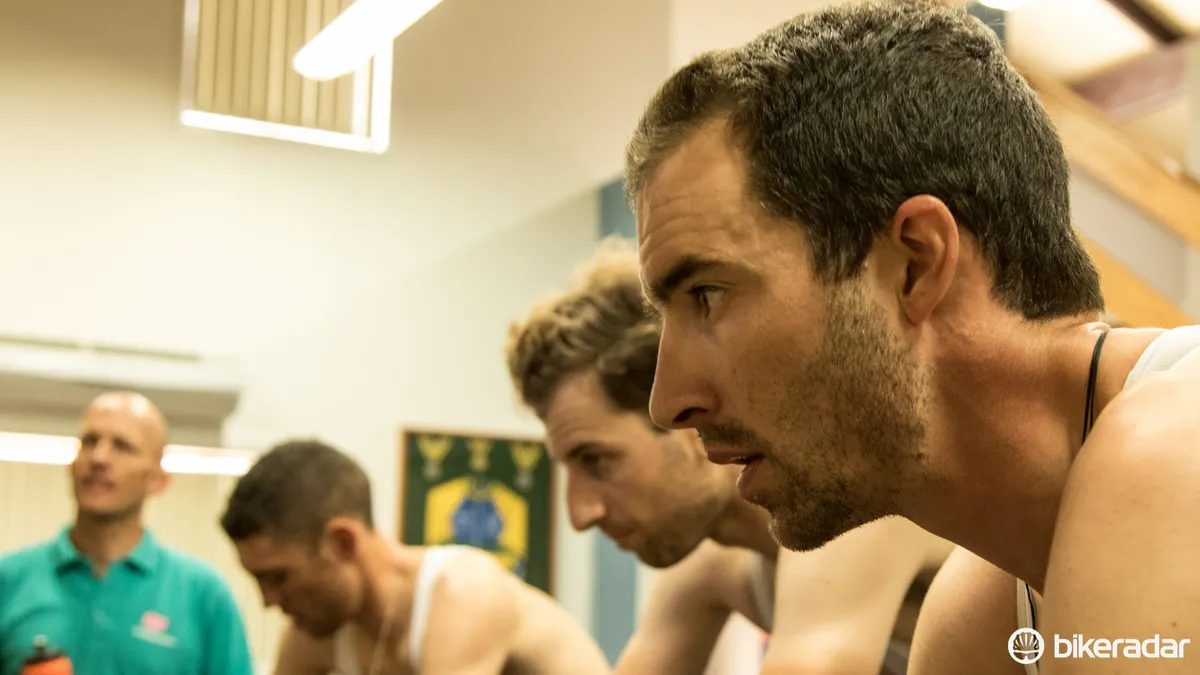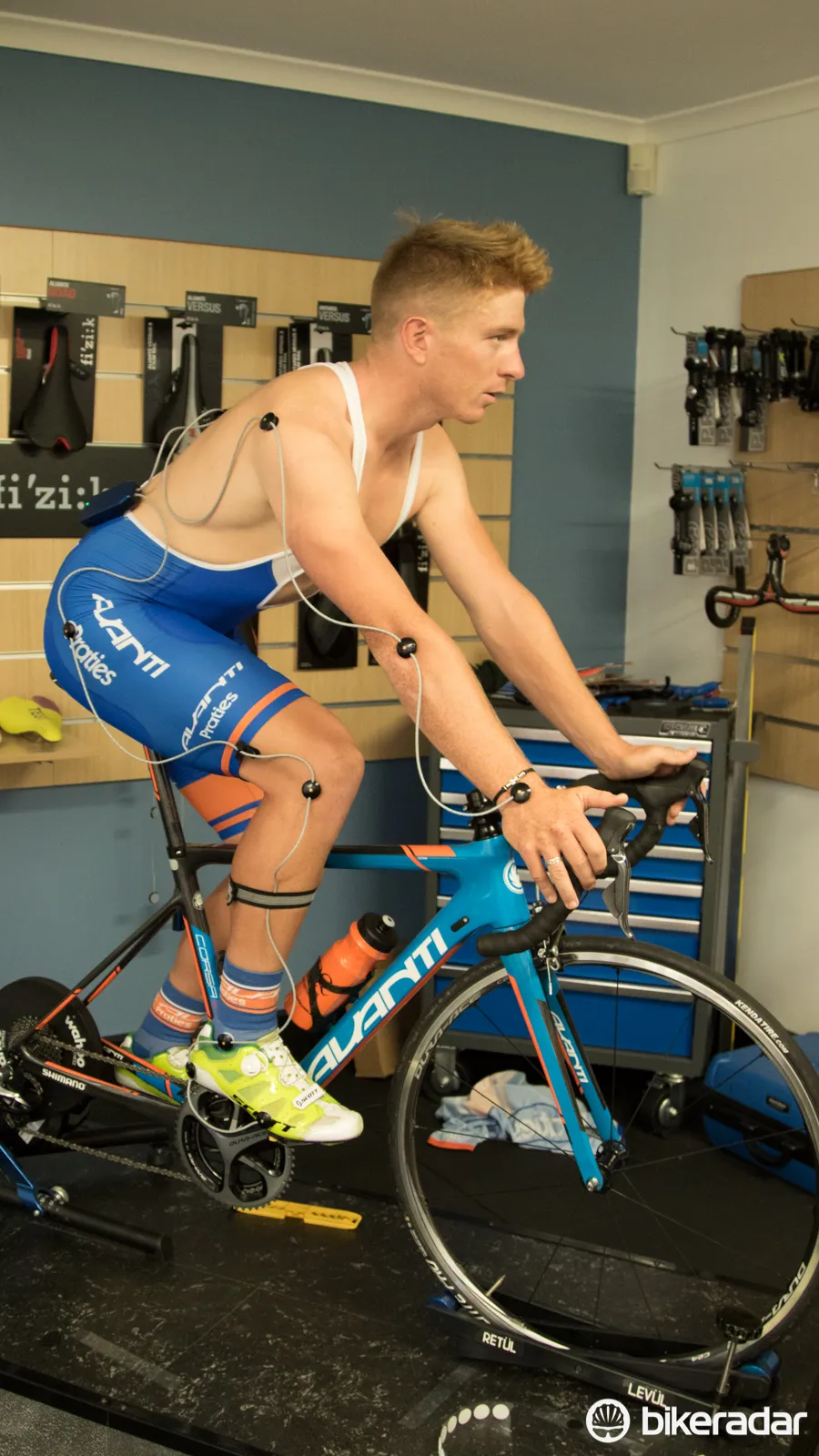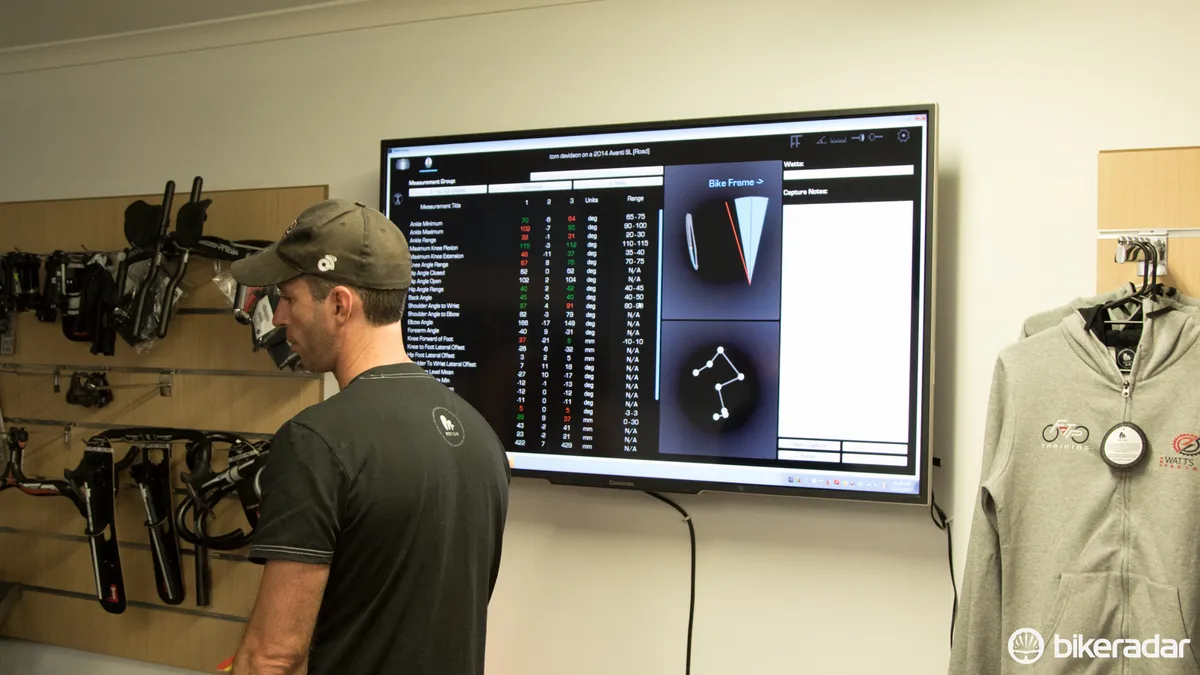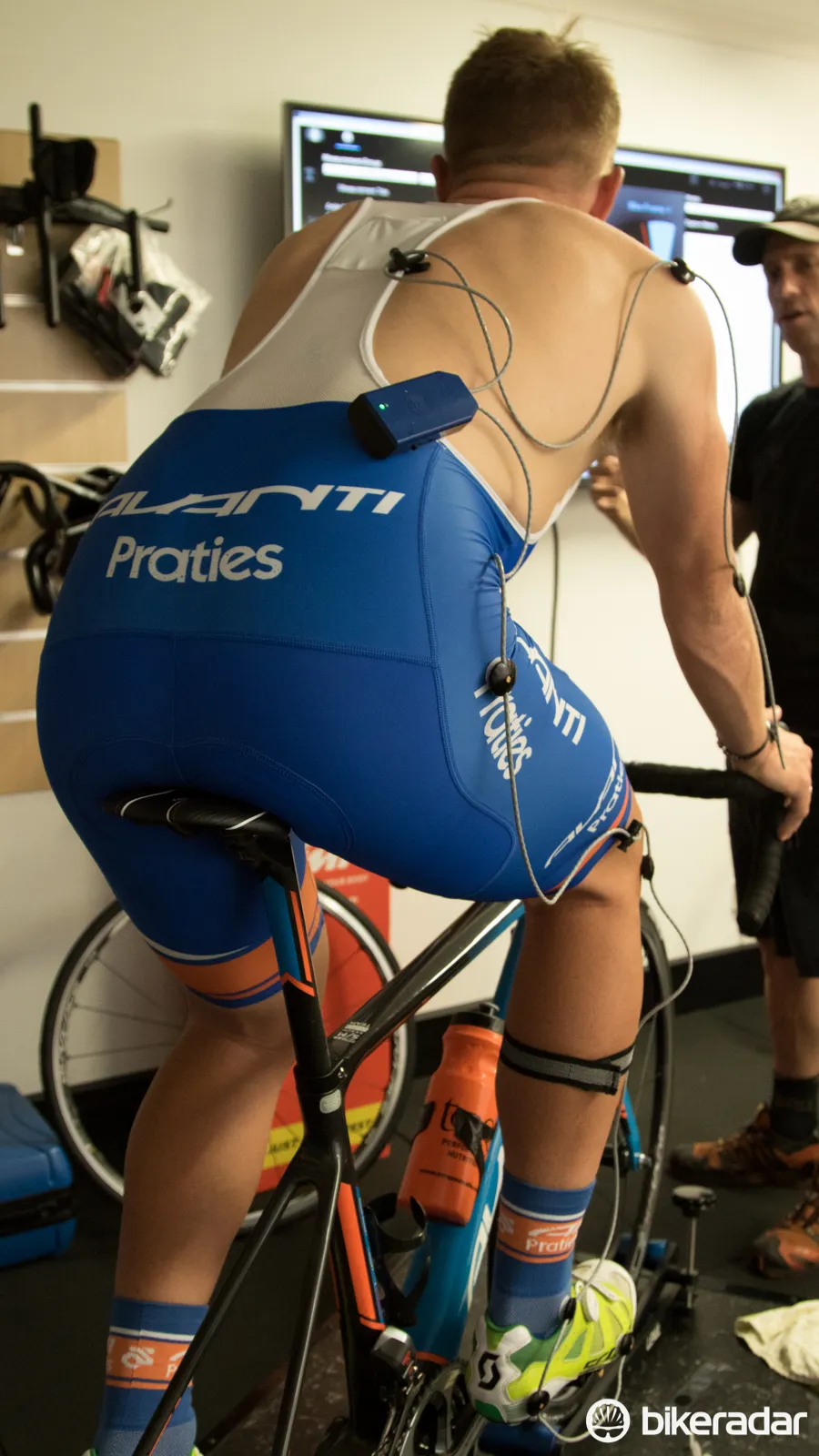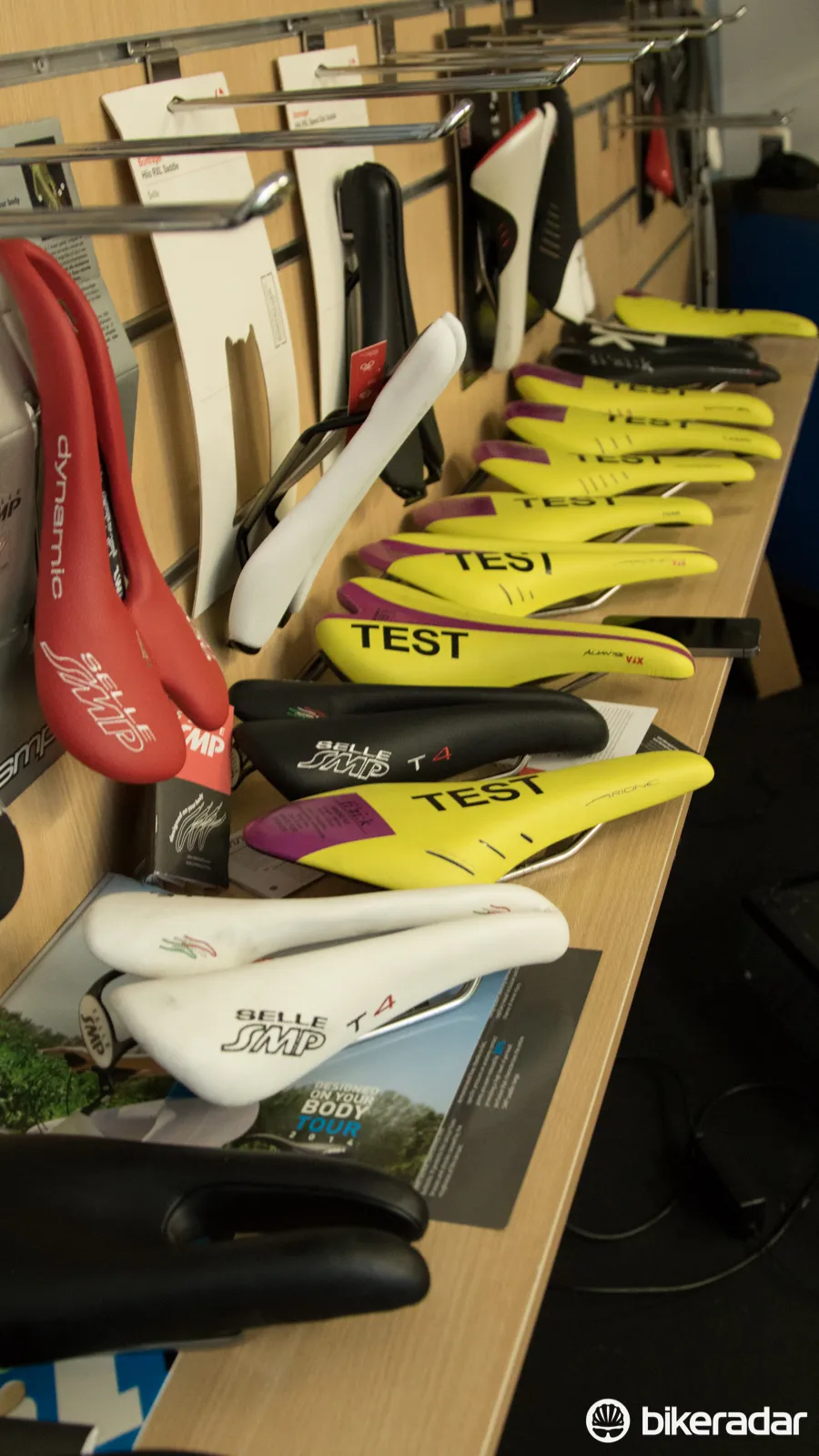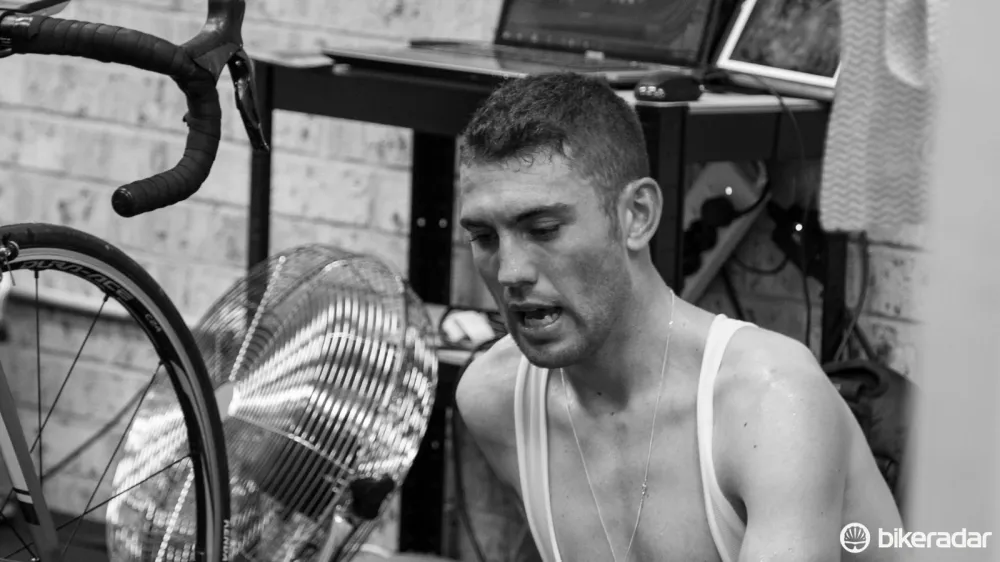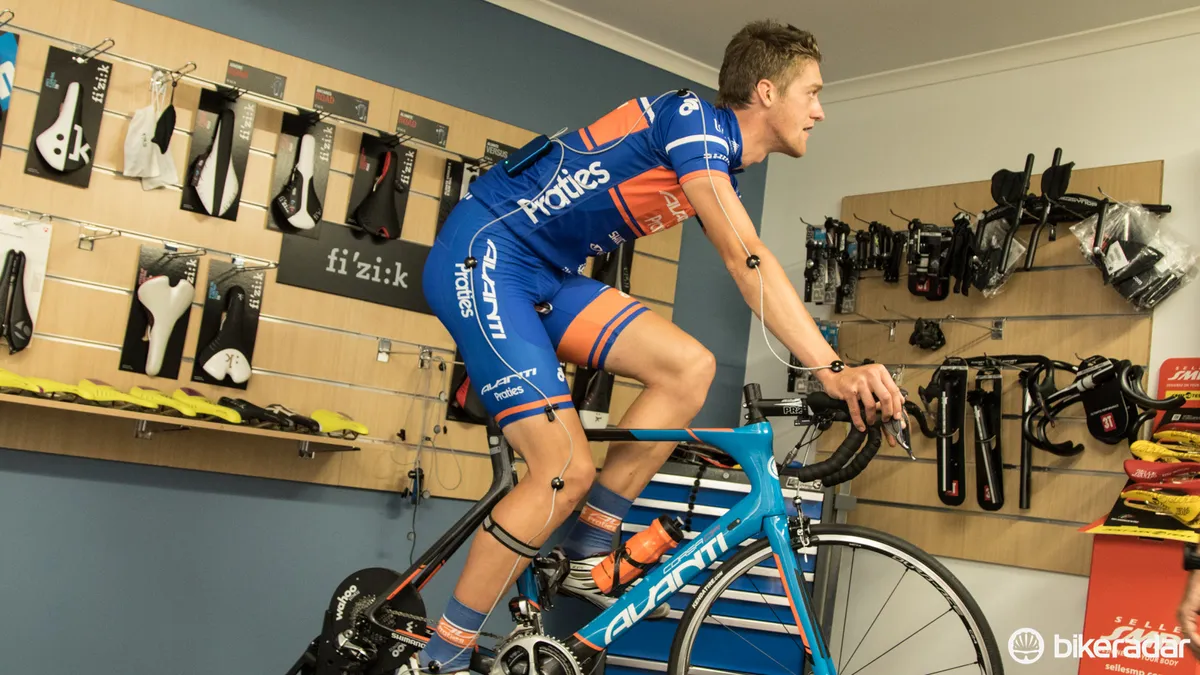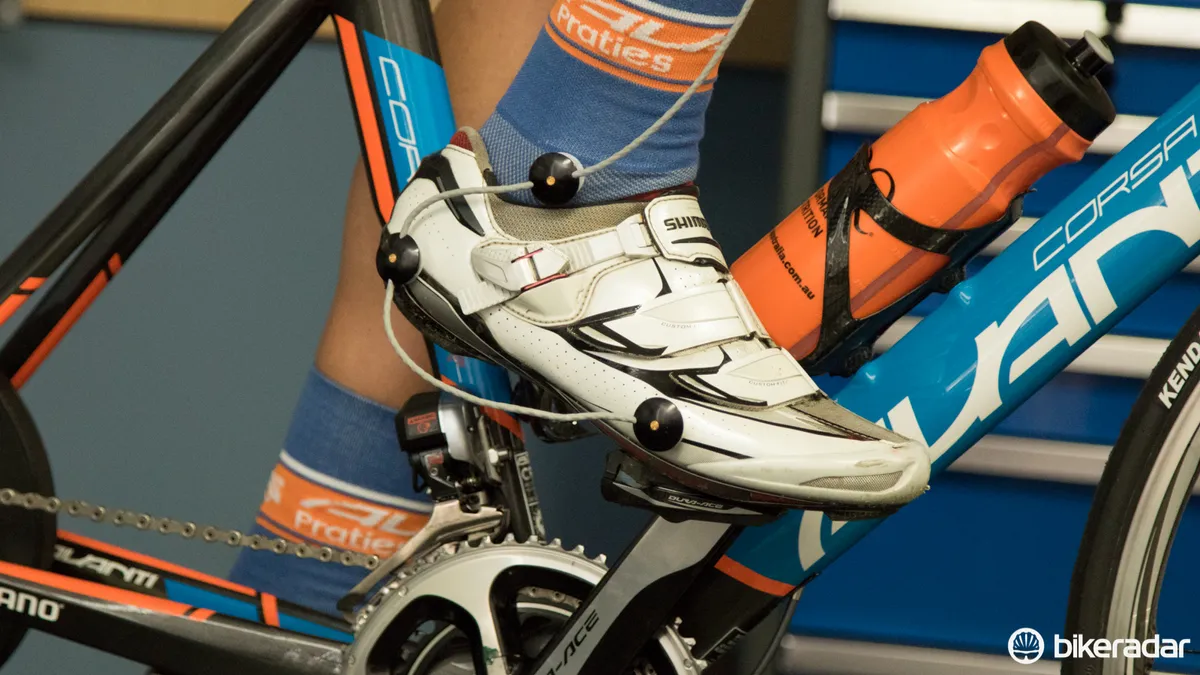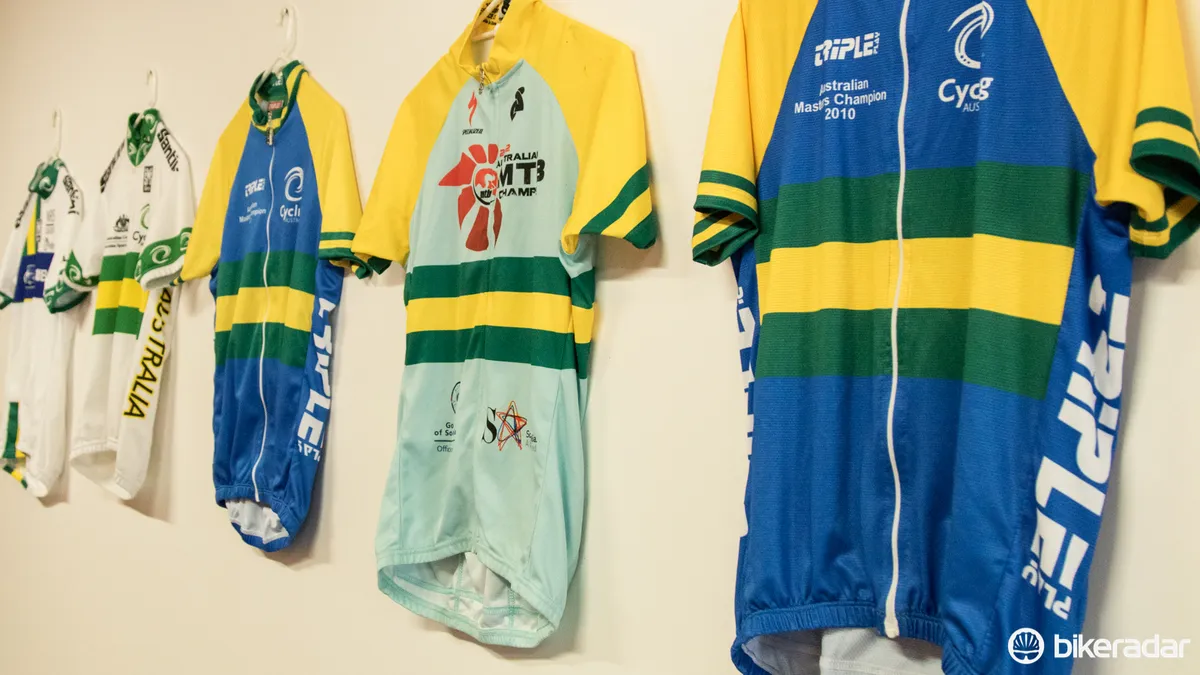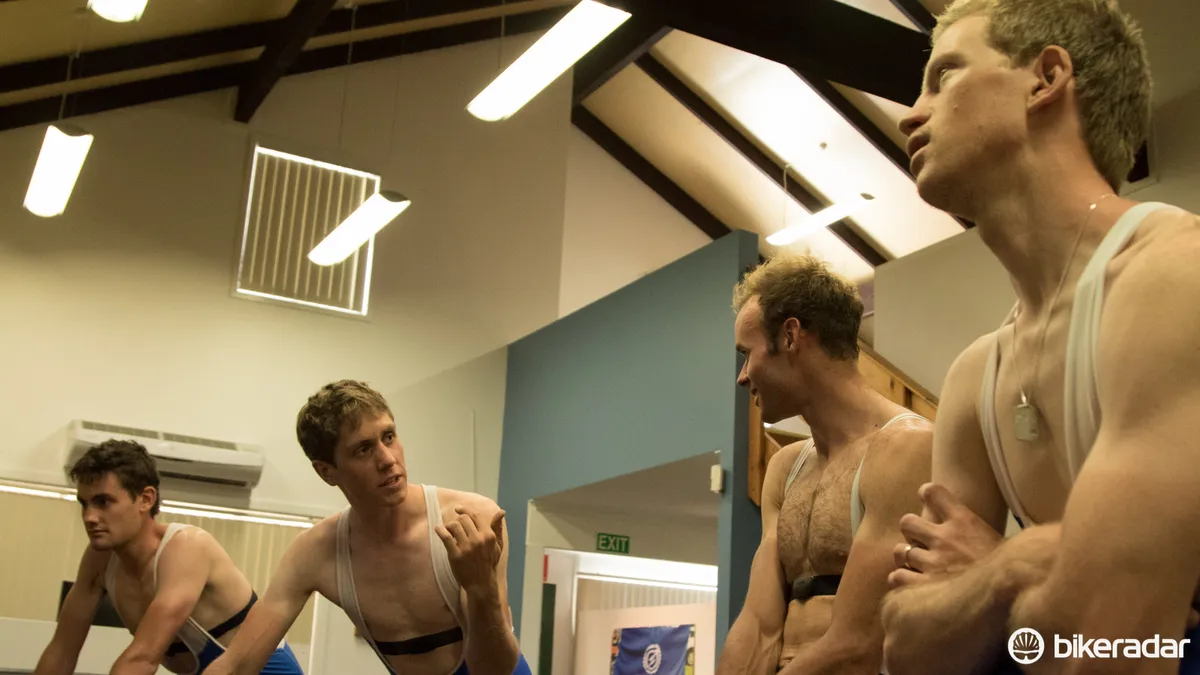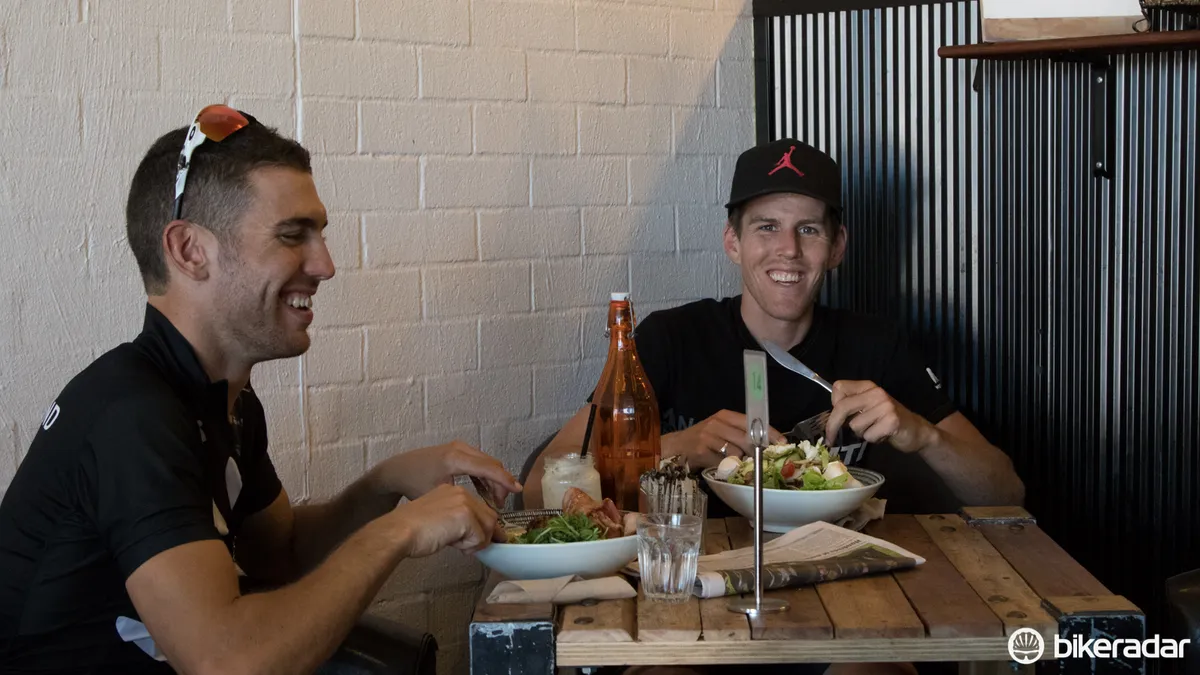With the race season set to kick off in just a matter of weeks, cycling teams around the world are attending individual training camps to get acquainted with new equipment, do health checks and meet the new signings.
The Avanti Racing Team, a previously Australia- and now New Zealand-based Continental team, gave BikeRadar an inside look on one of its recent training meetups.
Avanti, known for much of its history as Praties after its Tasmanian restaurant chain sponsor, is regarded as having been Australia's best Continental team (it moved to its New Zealand base for 2015) and as one of the best development teams in the world.
Its list of graduates includes WorldTour riders Richie Porte (Sky), Nathan Haas (Garmin-Cervelo), Nathan Earle (Sky), Jack Haig (Orica-GreenEdge) and Campbell Flakemore (BMC).
Getting together in small coastal town of Nowra, New South Wales, Australia, members of the recently expanded team were meeting their official coaching partner FTP Training, at their coaches' local business – The Watts Factory – to be fitted with new bikes, to establish baseline fitness and to get to know each other. This was particularly important given the large number of fresh New Zealand signings, including U23 New Zealand national TT champion Fraser Gough, 2014 Tour of Tasmania winner Patrick Bevin and U19 Madison World Champions Luke Mudgway and Regan Gough.
The Watts Factory is a training and bike fitting facility that's run by coach Mark Fenner and associate coach Damian Mason. With full bike fitting and power-testing facilities in the same building, BikeRadar found a crowded house there – especially with the likes of Earle and Garmin-Cervelo's Steele Von Hoff also dropping by for some testing, adjustments and training rides.
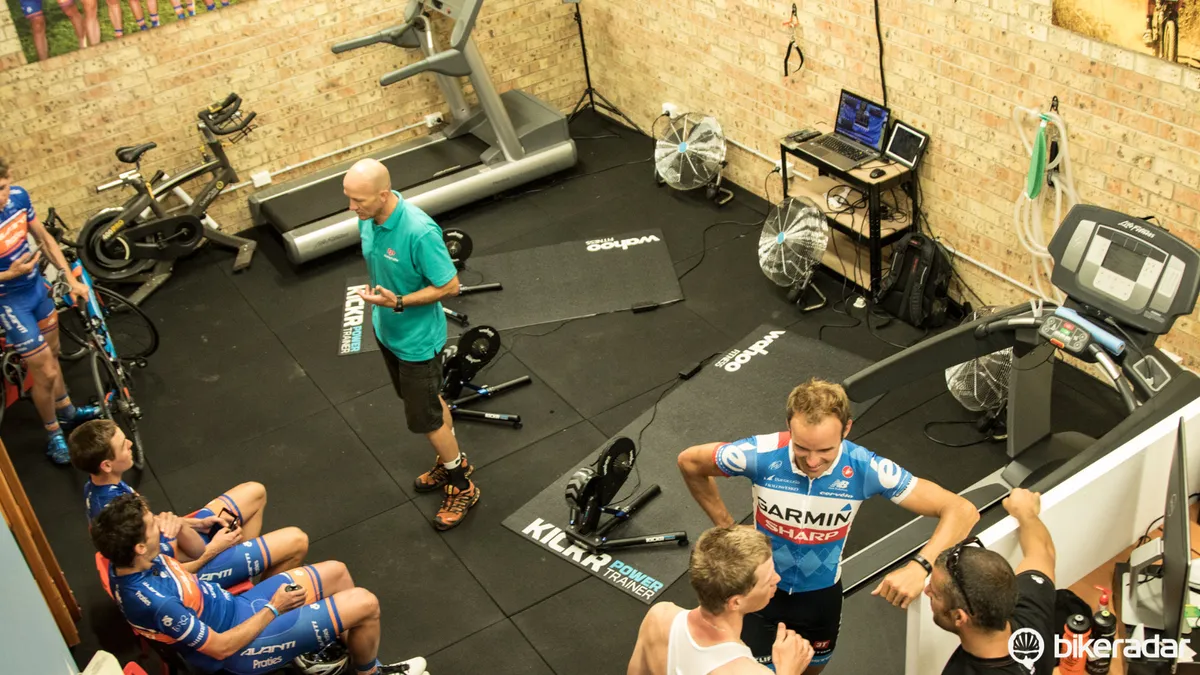
Riders relax with head coach Mark Fenner between testing
At one end of the building, Fenner was busy doing group power output tests with three riders at a time on Wahoo Kickr trainers run through PerfPRO Studio software. Despite the high summer heat, the riders were being put through the Australian Institute of Sport (AIS) Step Test. This has riders start at 100W output and progressively increase output by 50W every five minutes until failure. The test finishes at 500W, with every minute that follows ramping up a further 10W – so for example, two minutes past the 500W zone will be 520W.
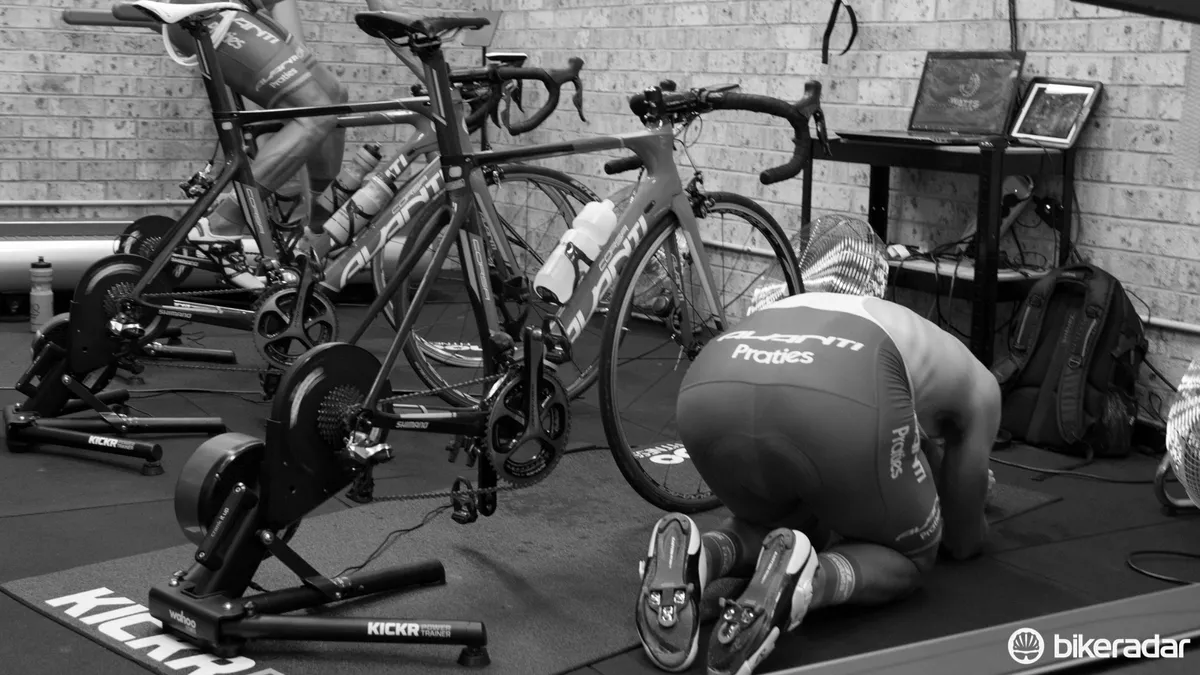
Patrick Bevin, seconds after achieving 520W in the Step Test.
The guys at The Watts Factory don’t use the step test to establish training baselines. Instead, the test is done to monitor year-on-year progress and form of riders, along with giving them indications of how they compare to those riding WorldTour (and what WorldTour is seeking). According to Mason, 450 is a rough minimum the AIS seeks for athletes; however, power to weight plays a larger role. A true standout from the test on the day was Patrick ‘Paddy’ Belvin, reaching a mindblowing 520W, made all the more impressive by the fact he was on antibiotics for a nasty saddle sore.
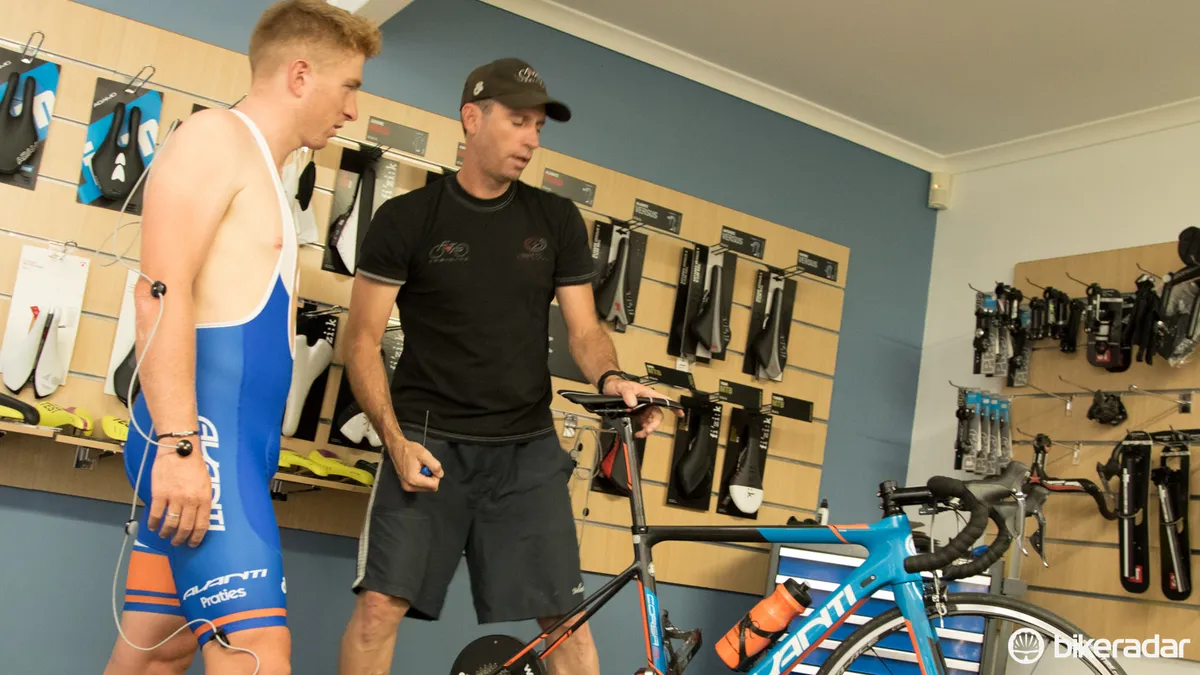
Former triathlete Tom Davison getting fitted to his new ride using Retül Motion Capture
On the other end of the building, Mason was running through initial bike-fits using a Retül Motion Capture fitting system. Riders' initial setup is recorded before changes are made; most riders receive only minor tweaks, but some need substantial changes, including frame sizes.
Amazingly, many of these well-established riders hadn’t received bike fits previously, or at least not in detail. One of those details is the loaded fit that Mason is able to perform with the Motion Capture system. “Most fits are traditionally static without stress on the body," Mason explained. "This technology allows us to see how the fit works for the rider under stress – it’s not a replica of race conditions, but it’s a good indication.”
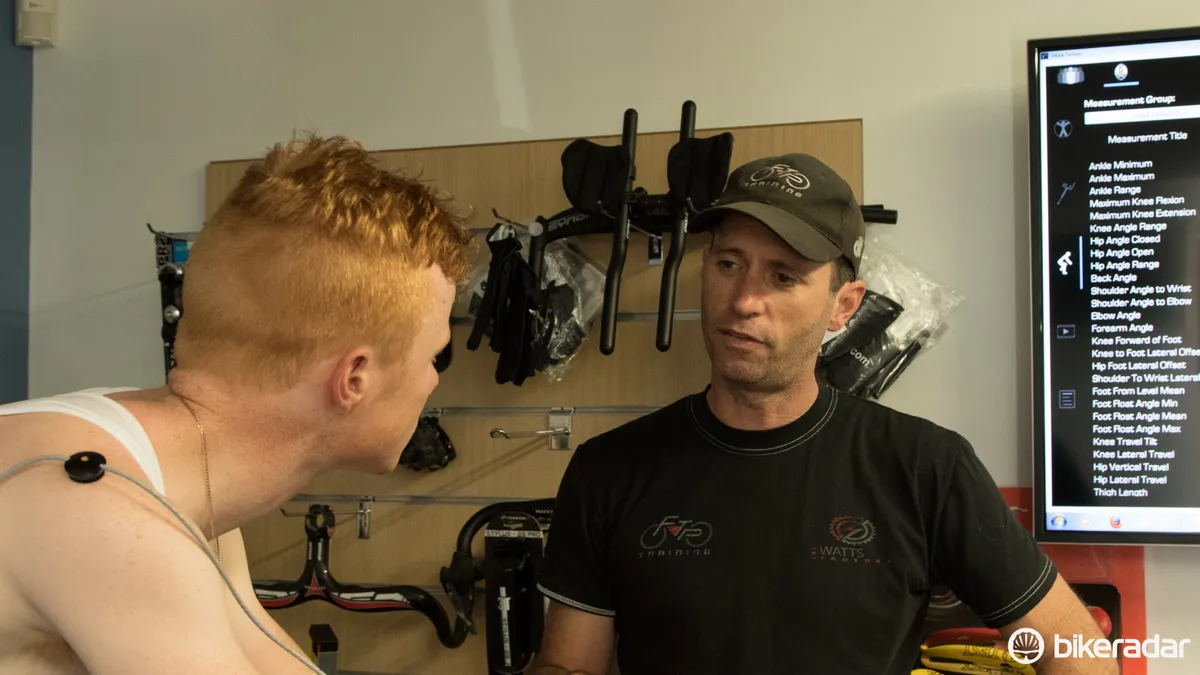
U19 Track Madison World Champion Luke Mudgway and Damian Mason discuss differences of track and road fit
According to Mason, the trickiest fits came from the new New Zealand track recruits. “Young Luke [Mudgway] was one challenge, as he’d never been fitted to a road bike before and he’s so accustomed to an ultra-aggressive track position – but it just doesn’t work out on the road when climbing is involved. I’ve set these guys up and given them an exact measurement range they can play within; we’ll be keeping in touch with these guys over the coming weeks to see how the new positions are working for them.”
Mason said that while fitting track riders onto road bikes is challenging, fitting well-established pros like Nathan Earle and Pat Shaw comes fairly easy. “These guys are so experienced they can tell you what’s wrong with their position [and are] just not sure how many millimetres it may be out”.
While benchmark testing and fitting was done over the two-day meetup, the Avanti riders establish training baselines for power and heart rate in their own time with personal coaches. Instead, the team used the rest of their time together to get through some specific training in the local hills.
